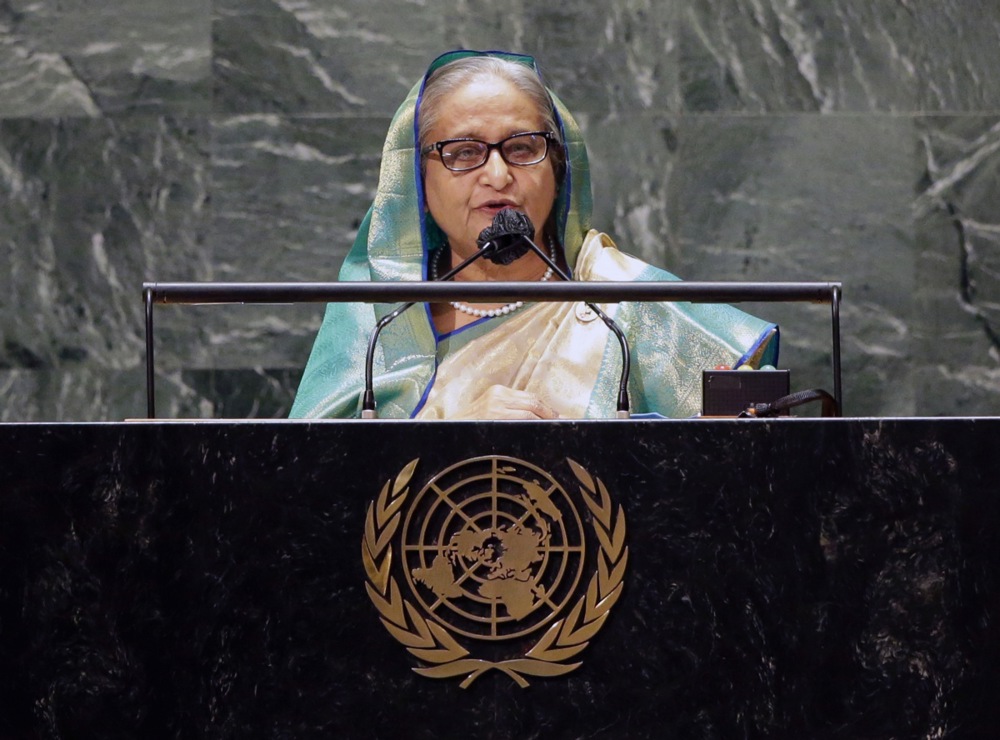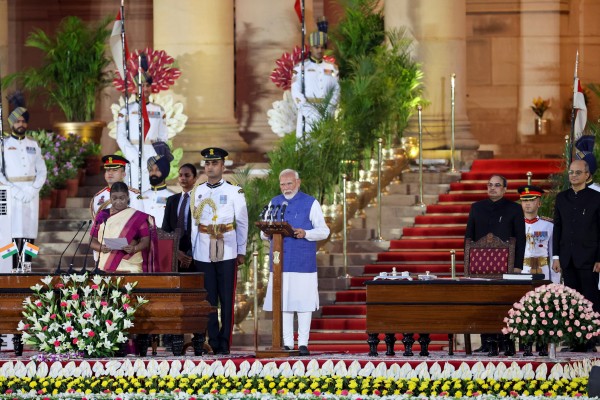The IPI global network welcomes the recent decision by the Bangladeshi government to repeal and replace the Digital Security Act, which has been repeatedly abused for years to harass and intimidate journalists. However, authorities must now consult with local civil society and human rights experts to ensure the proposed replacement, the Cyber Security Act, is fully compatible with domestic and international laws protecting freedom of expression, access to information, and press freedom.
IPI and other press freedom and human rights groups have repeatedly called on the government to end the abuse of the DSA against journalists. In May 2023, IPI sent an open letter to Prime Minister Sheikh Hasina urging her government to review the DSA, among other concrete steps, to safeguard press freedom and to ensure that journalists can work freely and safely and without fear of intimidation and harassment.
This month, in response to the widespread concern, the Bangladeshi government announced that the Digital Security Act will be replaced by the Cyber Security Act, according to The Business Standard. Existing provisions of the Digital Security Act will be repealed or amended and new penalties for hacking-related offenses will be added. In July, Law, Justice and Parliamentary Affairs Minister Anisul Huq stated that a six-member team of representatives from multiple government ministries was working with the UN Human Rights Office to assess human rights violations caused by enforcement of the DSA, according to The Business Standard. The draft Cyber Security Act was approved in principle at a cabinet meeting in early August chaired by Prime Minister Sheikh Hasina.
Since being introduced in 2018, the draconian DSA has been frequently used by private and public figures to harass and punish journalists and critics. According to IPI’s monitoring, at least nine journalists faced complaints under the DSA in the six-month period between October 2022 to March 2023.
Most recently, on July 29, a private individual registered a complaint under the DSA against Nazmus Sakib, editor of Dainik Fulki, and Emdadul Haque, a reporter at Amader Notun Somoy, according to The Daily Star. The complaint accuses Dainik Fulki of publishing a false report on July 27 about the resignation of Cambodia’s prime minister, which mistakenly used a photo of Bangladesh’s Prime Minister Sheikh Hasina. On July 28, Dainik Fulki published a statement apologizing for the incorrect photo.
According to The Daily Star, journalist Emdadul Haque was shocked that he was named in the complaint, as he left the Dainik Fulki four years ago and has since been working as a reporter at Amader Notun Somoy.
“After many years in which the DSA was abused to target journalists and the media, IPI welcomes Bangladesh’s decision to repeal and replace the law”, IPI Head of Advocacy Amy Brouillette said. “However, the government must now work with a range of stakeholders to ensure that the Cyber Security Act abides by national and international commitments to press freedom and does not revive the problematic provisions of the DSA.”
“More broadly, we renew our call on the authorities to take further concrete action to improve the environment for independent journalism in the country, including by reviewing all criminal laws impacting freedom of the press, ceasing all forms of ‘lawfare’ against the press, ensuring reported cases of violence or intimidation against journalists and media workers are investigated transparently and independently, and holding those responsible for crimes against journalists to account.”



